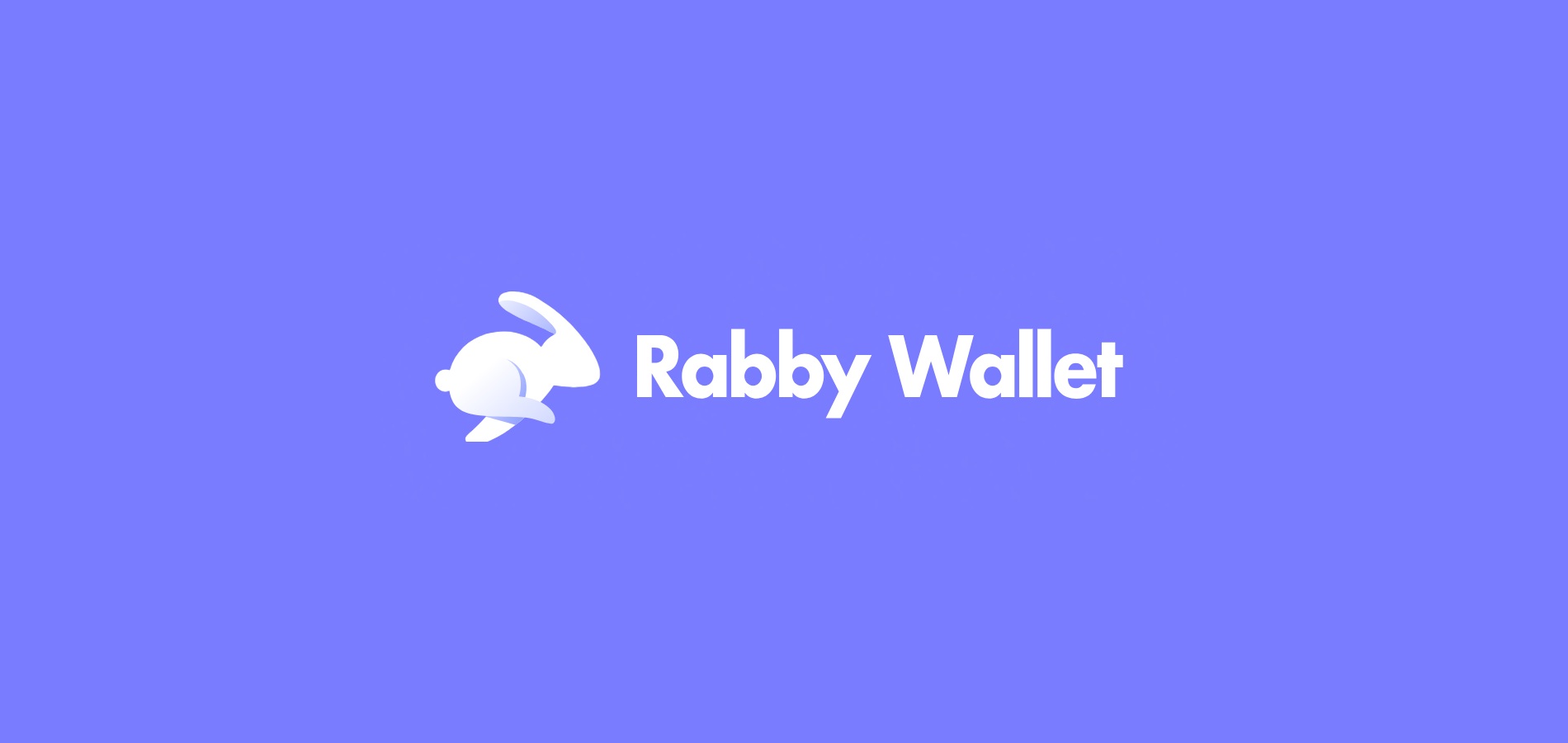Ever tried juggling multiple crypto wallets just to move tokens between different blockchains? Ugh, what a pain. Seriously, it feels like you need a PhD in blockchain just to keep track. But here’s the thing—cross-chain swaps promise to cut through all that mess.
At first glance, cross-chain swaps sound like some futuristic mumbo-jumbo. But once you dig in, you realize they tackle one of the biggest headaches in DeFi: interoperability. Most wallets stick to one chain. You want to swap tokens from Ethereum to Binance Smart Chain? Good luck without hopping through hoops.
Whoa! That’s why I got hooked on solutions that combine cross-chain swaps with smart contract interactions, especially when they come as slick browser extensions. It’s not just about swapping assets anymore; it’s about seamless, trustless operations from your browser without juggling multiple apps or extensions.
Okay, so check this out—browser extensions designed for multi-chain management bring a new kind of convenience. They let users interact with smart contracts across different ecosystems without switching context constantly. My intuition told me these tools would simplify DeFi workflows, but I wasn’t sure they’d be this intuitive.
Initially, I thought most wallets claiming multi-chain support would be clunky or limited. Actually, wait—let me rephrase that. Some do have a steep learning curve or lack smooth UX. But extensions like the rabby wallet extension really nailed the balance between power and usability.
Here’s what bugs me about older wallet designs: they force users to manually manage private keys or switch networks constantly, which leads to mistakes or missed opportunities. That’s where smart contract interaction baked into cross-chain wallets shines. They abstract those complexities, letting you focus on strategy rather than tech plumbing.
Something felt off about early cross-chain swap protocols too—like they were promising the moon but had hidden pitfalls. Many projects required trust assumptions or had clunky interfaces that made risk management tougher than it should be. But newer tools, especially those integrated into browser extensions, are changing that narrative.
For instance, the rabby wallet extension supports atomic swaps across chains, meaning your tokens either swap completely or not at all, eliminating partial loss risk. This trustless mechanism is a big deal in DeFi, especially when dealing with volatile assets.
Really? Yeah, I was surprised how user-friendly the UI was. It doesn’t bombard you with jargon or endless confirmations but still offers granular control when you need it. This is critical because, in DeFi, one wrong click can cost you dearly.
Now, diving a bit deeper into smart contract interaction—smart contracts automate agreements, but managing them across chains used to be a nightmare. Typically, you’d need different wallets or complicated bridging services. But multi-chain browser wallets let you deploy, interact, or monitor contracts without leaving your browser. This is a huge leap in accessibility.
On one hand, browser extensions enhance usability and speed. Though actually, they also raise questions about security, since they have direct access to your keys and transaction signing. So, choosing the right extension is very very important. You want something audited, open-source if possible, and with active community support.
Speaking of security, the rabby wallet extension caught my eye because it incorporates multiple layers of protection and transparent smart contract interaction logs. That transparency makes me sleep better at night, honestly.
Here’s a quick tangent—(oh, and by the way…) browser extensions like these also support customizable gas fee management, letting you optimize transactions based on network conditions. That’s a small but super valuable feature when you’re juggling DeFi strategies.
Something else I noticed is that these wallets often come with built-in token price trackers and portfolio overviews spanning multiple chains. It’s like having your entire crypto universe condensed into a compact, accessible tool. I mean, who doesn’t want that kind of clarity?
Whoa, did I mention how cross-chain swaps integrated with smart contracts also open up new DeFi possibilities? Like yield farming that involves assets on different blockchains or executing arbitrage strategies without delays. That’s some next-level stuff, and browser extensions are the perfect gateway.

Check this out—once you get the hang of it, the rabby wallet extension makes these complex operations feel almost effortless. It’s like having a personal DeFi assistant right in your browser, keeping you on top of everything without extra hassle.
Of course, I’m biased toward open-source tools, and I appreciate that this extension’s development is quite transparent. That builds trust, which is scarce in crypto. Plus, the active updates mean they’re constantly ironing out bugs and adding features that real users request—not just theoretical improvements.
Still, I’m not 100% sure if cross-chain swaps will fully replace traditional bridges anytime soon. There’s a lot of infrastructure and liquidity challenges involved. But I’m convinced that multi-chain browser extensions are paving the way for smoother DeFi experiences, especially for everyday users who want simplicity without sacrificing power.
One more thing: handling smart contracts directly from your browser means you can experiment with DeFi protocols in real-time, adjust parameters, or interact with governance without hopping between platforms. That immediacy is a game changer.
Okay, so to wrap this up—not that I’m a fan of neat conclusions—cross-chain swaps combined with smart contract interaction inside browser extensions are quietly revolutionizing how we engage with DeFi. They reduce friction, enhance security, and broaden what’s possible.
And if you’re curious to try one that balances usability and deep functionality, the rabby wallet extension is definitely worth a look. Just remember, no tool is perfect, and staying cautious with your assets is always key.
Anyway, I’m excited to see where this tech heads next. Cross-chain DeFi isn’t just a buzzword anymore—it’s becoming the new normal. And extensions like this make it feel less like rocket science and more like everyday finance. Who would’ve thought?
